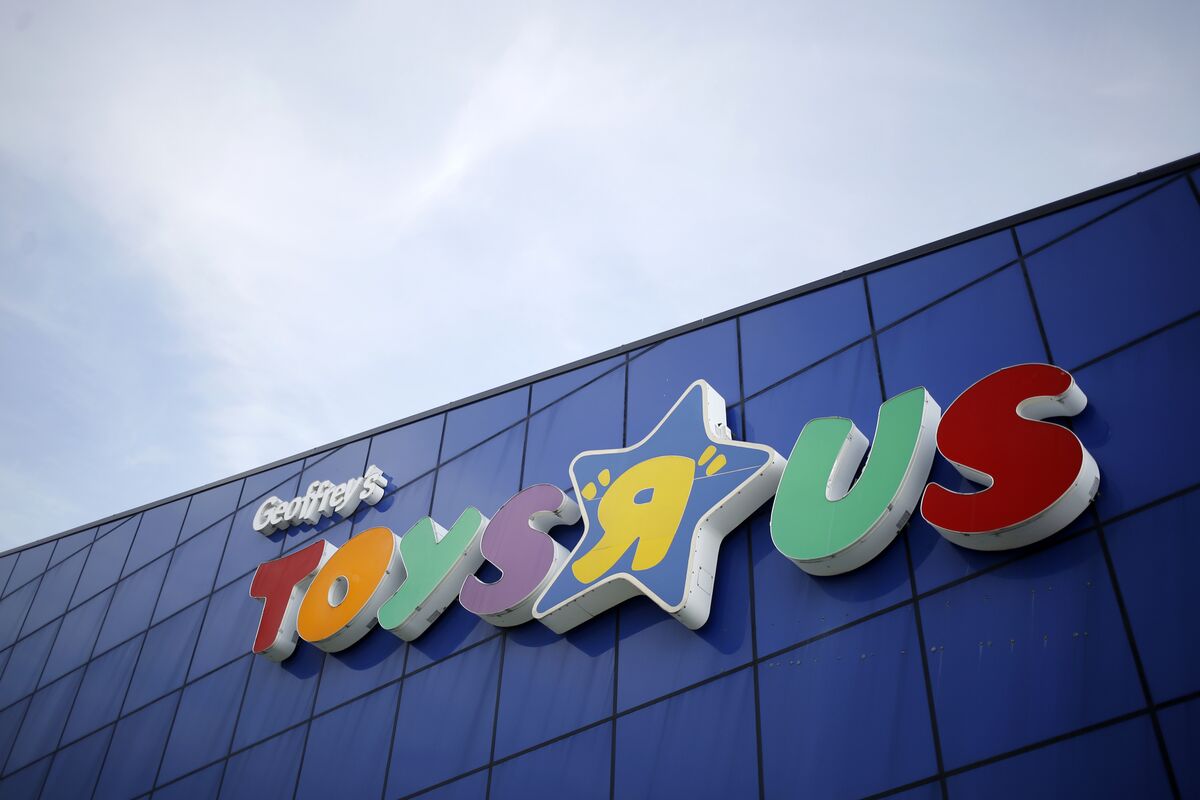People repeatedly say this, but it is without merit. Perhaps this was true 2010-2022 where the markets were perpetually green, but this is a new era. Inflation, war, politics, post covid burnout has changed that landscape. For PE to sell there needs to be a buyer and that buyer is typically funded by different PE money and debt. With interest rates up, cash reserves being held back for the coming recession, the cost of labor skyrocketing, there may not be a "greater fool" out there who wishes to take over the asset that is Envision.
We just have to hope that a government bailout is not offered, and Envision itself is too small to garner such a bailout.


